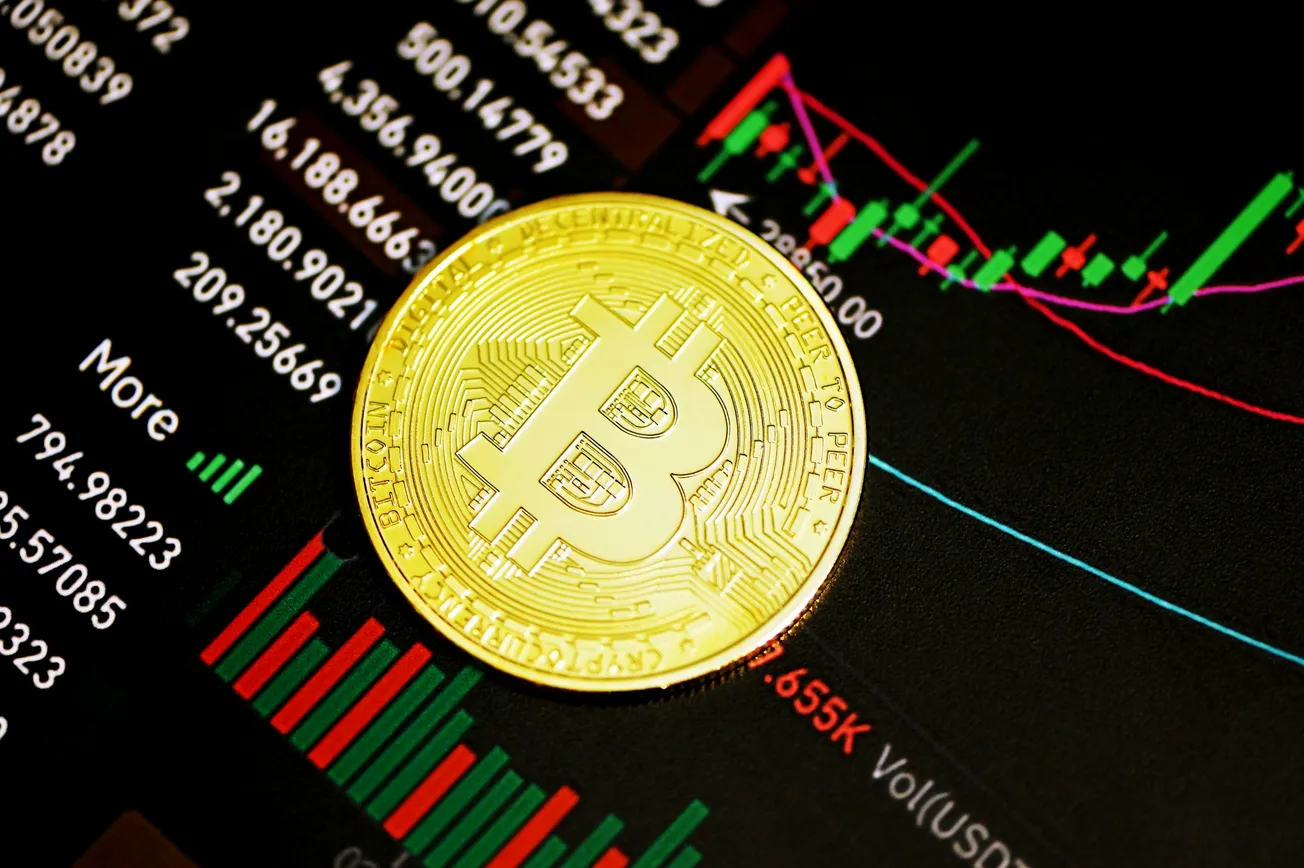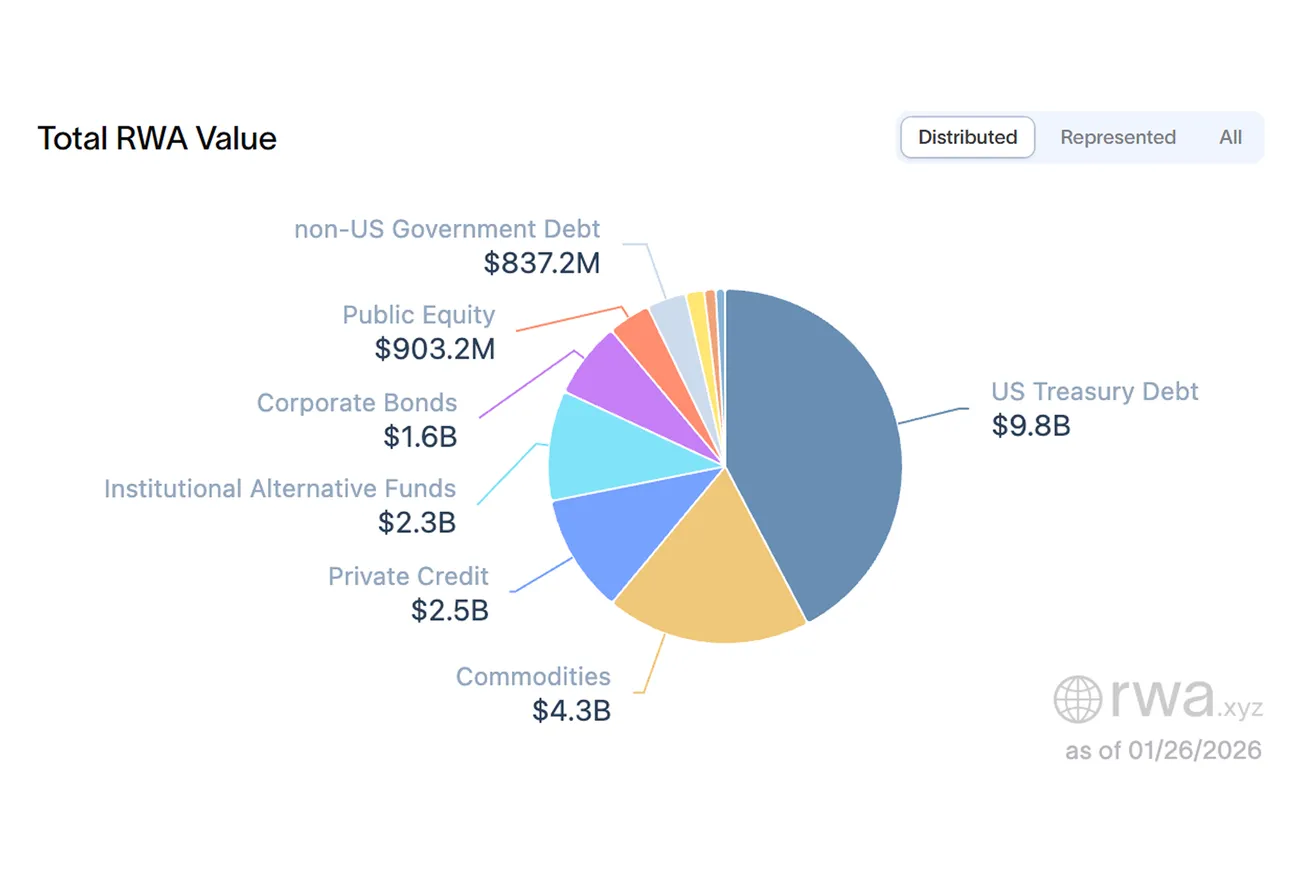Table of Contents
A fast push by crypto firms to sell tokens that track big-company shares is drawing fresh caution from market groups and lawyers. A detailed Reuters publish analysis says some products look more like derivatives than real stock, and may not grant voting or dividend rights. The story adds that proposals for exemptions in the U.S. face resistance from powerful Wall Street players.
The debate is growing as token providers promote 24/7 trading and instant settlement. Interest keeps rising on social media, where Reuters share update about tokenized stocks reached wide audiences this week. Supporters say faster settlement can cut costs, while critics warn about unclear terms, custody risks, and fragmented liquidity across platforms.
Crypto race to tokenize stocks raises investor protection flags https://t.co/iWqPcAyx4q https://t.co/iWqPcAyx4q
— Reuters (@Reuters) October 8, 2025
Background: tokenized stocks are digital assets on a blockchain that mirror a listed share’s price. Some are backed one-to-one by underlying securities, while others only give economic exposure. This difference is key for small investors, who may assume they are buying real equity. Rights also vary by issuer, from voting and dividends to none at all.
Rules remain complex. In Europe, many offers sit under MiFID derivatives rules. In the U.S., the SEC is weighing how to treat these products. Global exchanges and industry bodies have called for clear guardrails to avoid confusion for retail buyers and to protect market integrity. Clear disclosure, custody, and bankruptcy safeguards are also part of the discussion.
“Just because a security is represented on blockchain, that doesn’t change the core investor protections,” said Peter Ryan, head of international capital markets at SIFMA.







